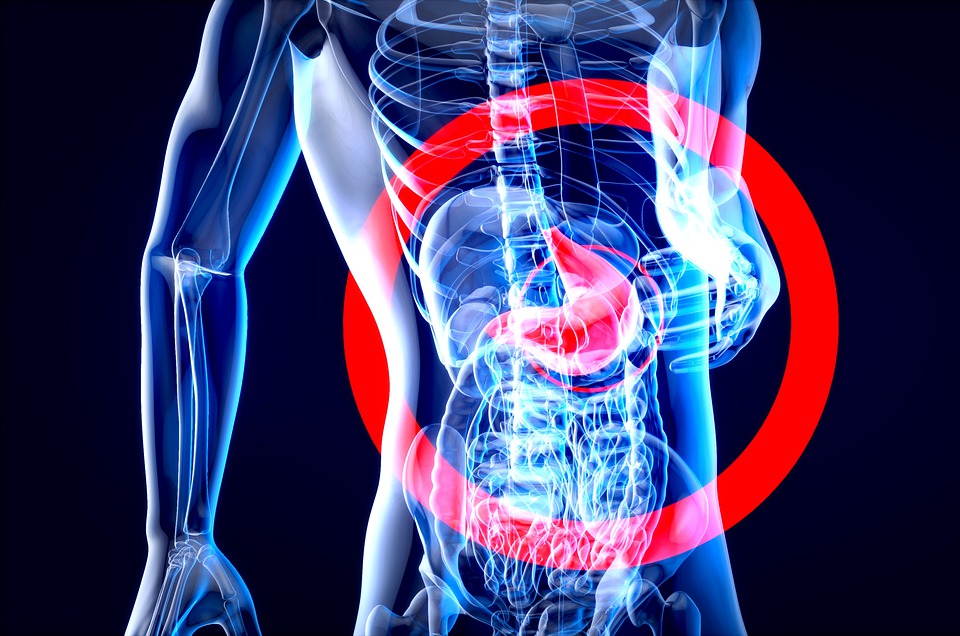Constipation is very common in modern civilization. It is impossible to lose weight if you are chronically constipated. The more constipated you are, the more acidic your body is. Constipation and weight gain often go hand in hand. When your body is constipated, waste materials and toxins can accumulate in your colon, leading to bloating and weight gain. In addition, if you are constipated, you may be more likely to overeat or make unhealthy food choices, which can contribute to weight gain.
Causes; – A low fiber diet
– Overconsumption of refined, fried, processed, high salt and high sugar food.
– Inactivity; Lack of physical activity can slow down the digestive system and lead to Constipation.
– Dehydration; When you are dehydrated, your body may absorb more water from the stool, making it harder and difficult to pass.
– Inadequate sleep
– Stress along with fear, worry, hatred, tension, anger, jealousy and lack of proper rest have a direct negative impact on your bowel movement.
– Consciously trying to control the urge to pass stool.

Symptoms; – Infrequent bowel movements. (Less than 3 times per week)
– Difficulty in passing stools.
– Hard or lumpy stools
– Straining during bowel movements
– A feeling of incomplete evacuation after bowel movements.
– Abdominal pain or bloating
However, there are 6 steps you can take to address constipation and promote weight loss;
https://sparklinglifestyle.in/10-strategies-to-improve-digestion/
(1) Increase fiber intake; – Increasing your fiber intake is one of the most effective ways to treat constipation. Fiber has to add bulk to stool, making it easier to pass. Additionally, fiber can help you to feel fuller for longer, which can prevent overeating and promote weight loss. Try to eat at least 25 to 30 grams of fiber per day from whole food sources such as fruits, vegetables, whole grains and legumes.
(2) Stay hydrated; – Drinking plenty of water is also important for treating constipation and promoting weight loss. water helps to soften stool making them easier to pass. Additionally, drinking water before meals can help to reduce hunger and prevent overeating. Try to drink at least 8 cups of water per day and avoid drinks that can dehydrate you such as alcohol and caffeinated beverages. According to Japanese culture, you should drink 4 to 5 glasses of water when you wake up in the morning. It helps make your body a little alkaline, especially in the morning when you wake up with an extremely acidic body.
(3) Get regular exercise; – Regular exercise is another important factor in treating constipation and promoting weight loss. Exercise helps to stimulate the muscles in the digestive tract promoting regular bowel movements. Additionally, exercise can help to burn calories and promote weight loss. Try to get at least 30 minutes of moderate exercise most days of the week such as walking, jogging, cycling, swimming and skipping are all good options.
(4) Establish regular bowel habits; – Establishing regular bowel habits can also help to treat constipation and promote weight loss. Try to go to the bathroom at the same time every day. Additionally, do not ignore the urge to have a bowel movement, as this can lead to constipation.
(5) Consider probiotics; – Probiotics are beneficial bacteria that live in the gut and help to promote digestion and regular bowel movement. Consider taking probiotics supplements or eating foods that are rich in probiotics such as yogurt, kefir, banana, curd and buttermilk. Additionally, probiotics have been shown to promote weight loss by improving gut health and reducing inflammation.
(6) Avoid processed foods and sugar; – Processed foods and sugar can contribute to constipation and weight gain. These foods are often low in fiber and high in calories which can lead to overeating and weight gain. Additionally, sugar can disrupt the balance of bacteria in the gut leading to constipation and other digestive issues. Instead focus on eating whole nutrient dense foods such as fruits, vegetables, whole grains and lean proteins.
Studies source, in India most of the cancer patients have had extremely low levels of Vitamin D3 or chronic constipation. This goes to show that toxic wastes kept in the system longer than it needs to be can cause mutation in the cells.
In Summary, addressing constipation and promoting weight loss require a combination of dietary and Lifestyle changes. By increasing your fiber Intake, staying hydrated, taking enough sleep and rest, getting regular exercises, establishing regular bowel movement, considering probiotics and avoiding processed foods and sugar, you can improve your digestive health and achieve your weight loss goals.



Leave a Comment